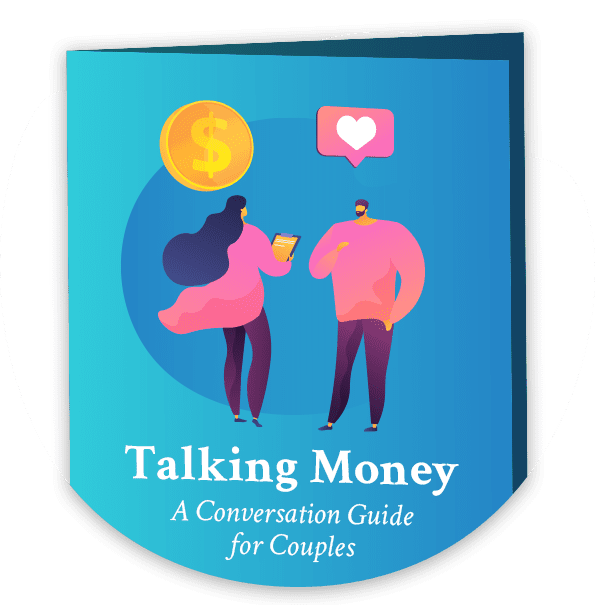Prenuptial agreements are legal documents that partners sign before marriage to help allocate assets in the event of a divorce. These documents take effect upon marriage and typically do not expire. Let’s take a closer look into how prenups operate, particularly in California.
How Long Do Prenups Last?
A prenup remains effective throughout the lifetime of a couple’s marriage. If you and your partner choose to get a divorce, the prenuptial agreement will determine how finances are handled. If you drafted and signed a prenup, but for one reason or another, do not get married, the agreement may not be enforceable.
However, you and your partner can include an expiration date into your prenup, rendering the document’s provisions void if you separate after the specified date. For instance, let’s say your prenuptial agreement states that it is valid for up to fifteen years. In this case, the asset division described in the prenup is only effective if you divorce within fifteen years. If you legally end the marriage after those fifteen years, the State (and the judge) will decide how to divide assets as if there was no prenup.
BEFORE getting married, what conversations about MONEY should you have with your partner?
Use this guide to discuss budgets, assets, debts, goals, joints bank accounts and more.
Get the guideWhat Is a Sunset Clause?
A sunset clause is a provision that sets a deadline on the validity of an agreement. This clause is not limited to prenups since many California bills have sunset provisions.
In California (and other states), you can write a sunset clause into your prenuptial agreement. Some do so believing that they will know each other well enough over time to settle asset division without needing a prenup. However, consult with a family law attorney before doing so. It may be more beneficial to simply amend the agreement after some time. This way, you accommodate for changing interests and financial situations as opposed to letting the prenup expire and relying on the State’s default rules.
Can You Get a Prenup After Marriage?
Yes, you can, but technically it’s not called a prenup any longer. It would now be considered a postnuptial agreement or postnup since the agreement is executed after the marriage has begun.
If you already have a prenup, you won’t need a postnup. Instead; you can amend or revoke the prenuptial agreement, as long as both parties agree to do so.
Next Steps
Prenups are crucial to ensuring that you and your partner are creating your own rules for a successful marriage and putting measures in place if the relationship were to come to an unexpected end. They’re designed to be mutually beneficial and protect both parties, so before you institute a sunset clause, consult with me to make sure your rights and finances are properly being protected. I’d be happy to weigh the pros and cons with you so you make the best decision for your future.
